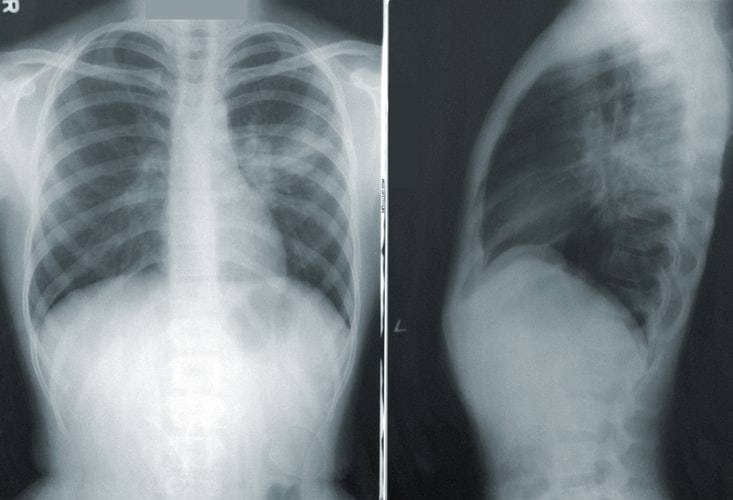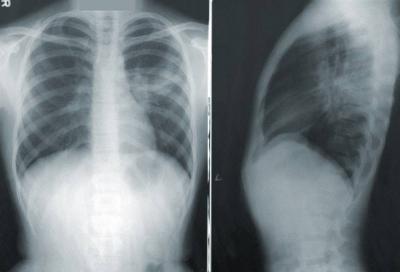Lung cancer is the second most common type of cancer worldwide and is often not detected early. However, lung cancer screening offers hope for early detection when treatment is easier. Therefore, it is important to look for early symptoms that many might typically overlook.
Detecting early signs of lung cancer can be challenging. Unlike other cancers, symptoms of lung cancer typically do not appear until the disease is at an advanced stage. When the tumor grows large enough to press on other organs, it causes pain and discomfort. However, there are warning signs to be aware of.
Often, when patients receive a lung cancer diagnosis, they have been experiencing symptoms like persistent shortness of breath, recurrent respiratory infections, or chest pain for some time. However, it is unlikely that patients recognize these symptoms as signs of lung cancer until it is too late.
Russell Halls, a radiation oncology specialist, stated, "While every cough or case of bronchitis isn't necessarily a reason to believe you have lung cancer, it is crucial to pay attention to early warning signs."
**Hoarseness**
Halls outlined the common symptoms of lung cancer that should be monitored for early detection. One sign may be evident in the patient's voice, manifesting as hoarseness. Chronic coughing or tumors interfering with the vocal cords can cause a roughness in the voice of those with lung cancer.
**Chronic Cough**
Those with lung cancer often complain of a cough that does not go away, or a chronic cough that persists for at least eight weeks.
**Recurrent Respiratory Infections**
Lung tumors can block air passages, leading to recurrent infections such as bronchitis and pneumonia.
**Coughing Up Blood**
Even a small amount of blood in the cough or bloody mucus is a reason to contact your healthcare provider.
**Shortness of Breath**
Lung cancer can constrict airways, resulting in difficulties breathing.
**Chest Pain**
When a lung tumor causes tightness in the chest or presses on nerves, you may experience chest pain, especially when taking deep breaths, coughing, or laughing.




